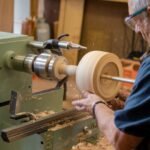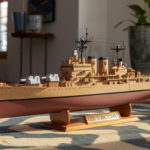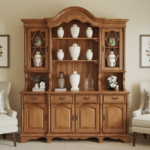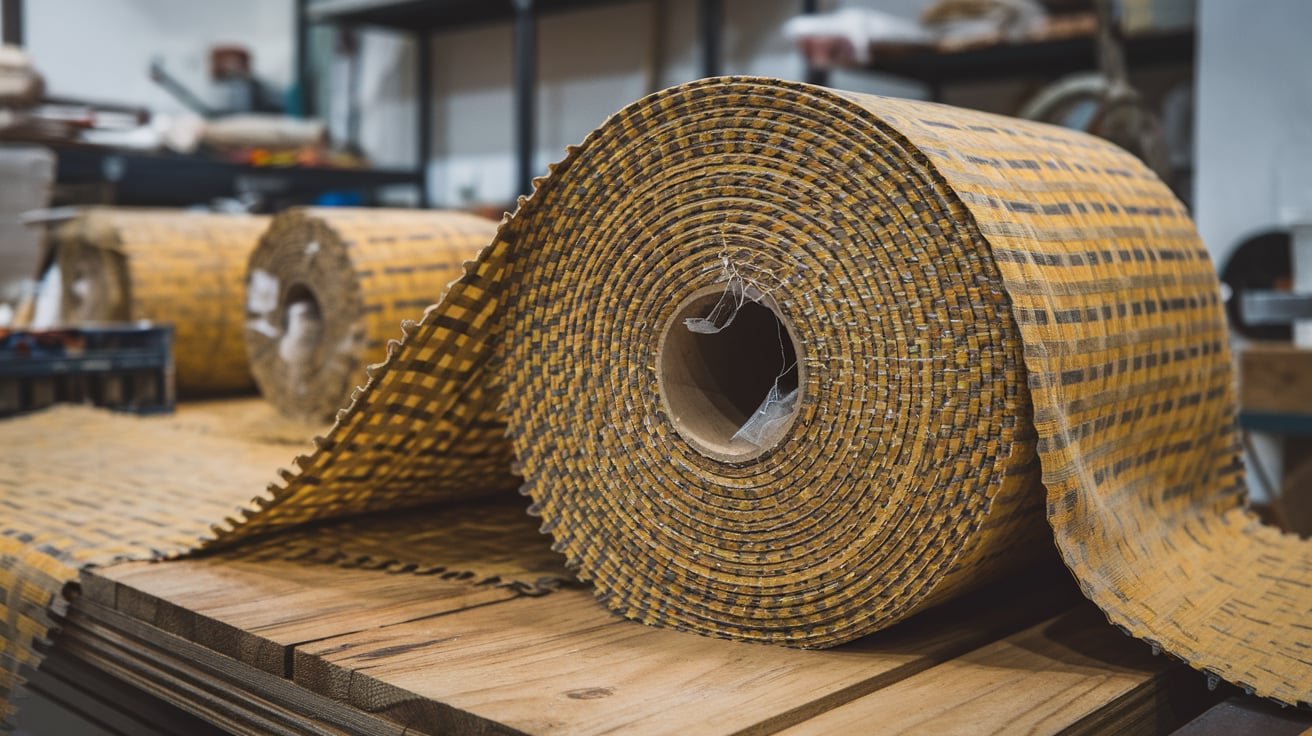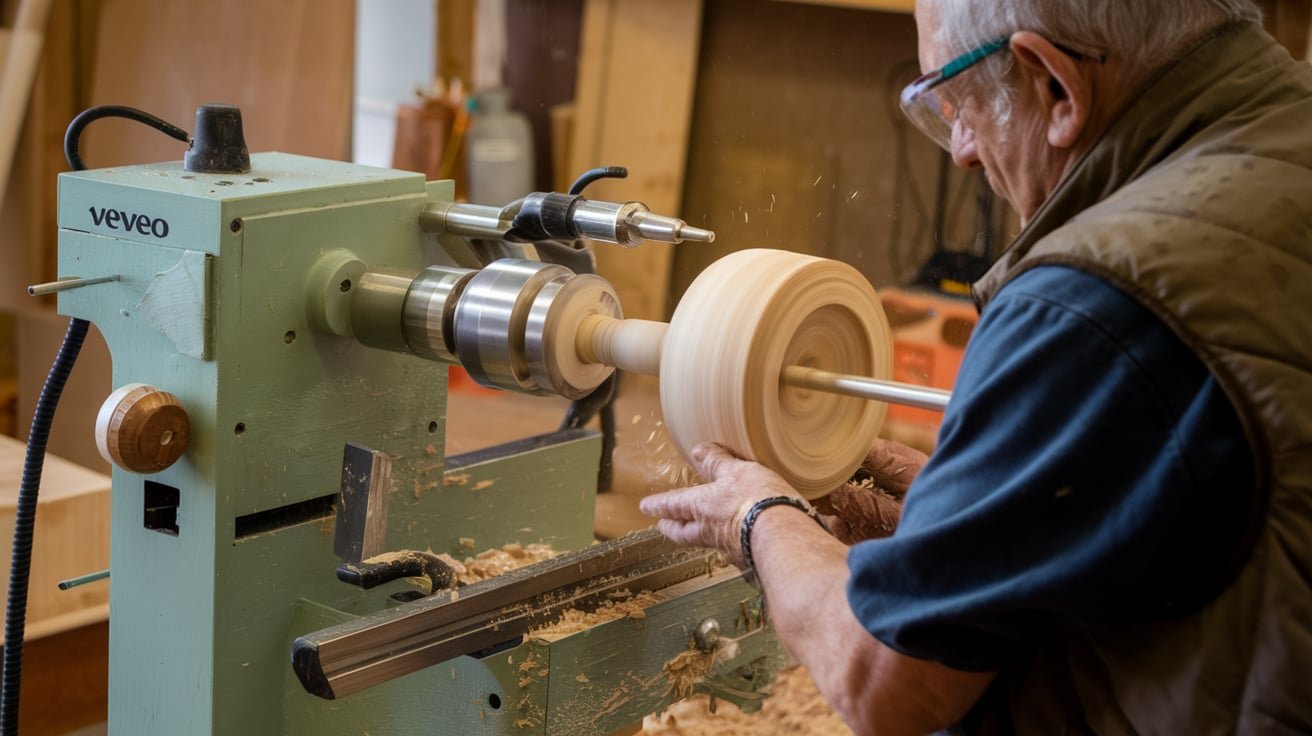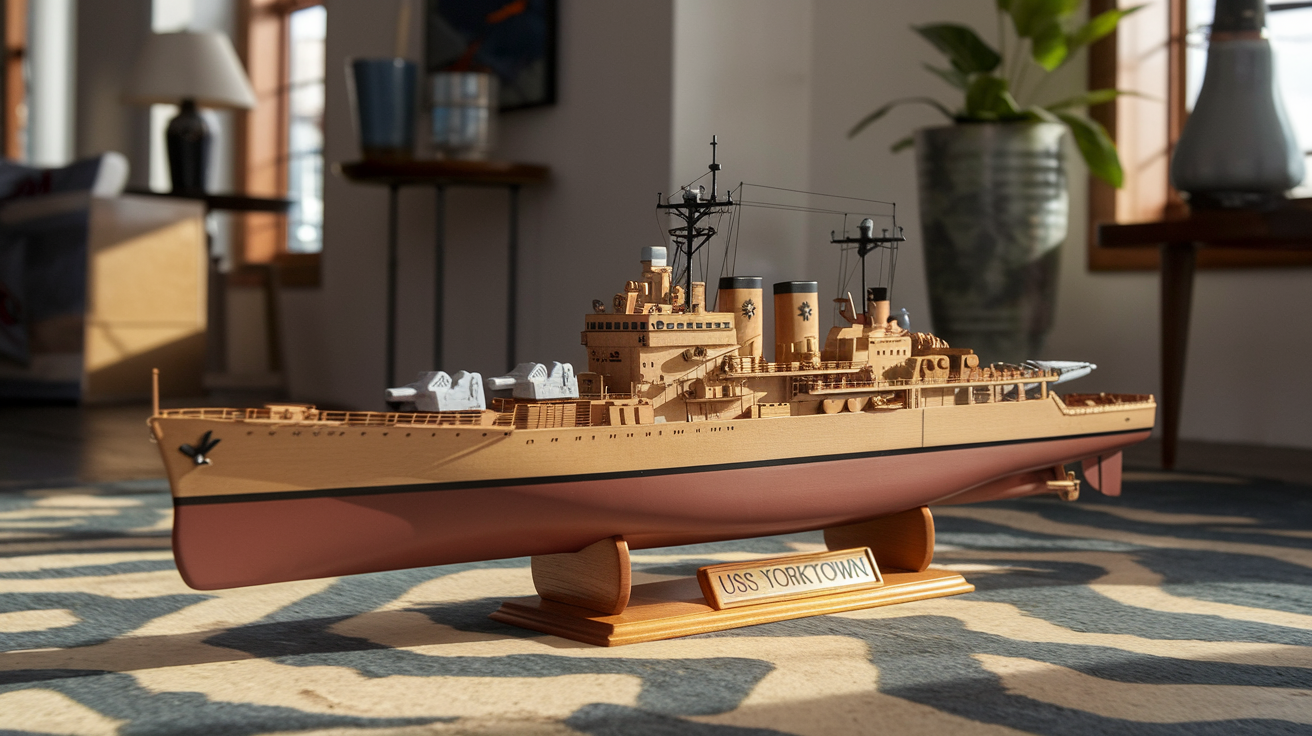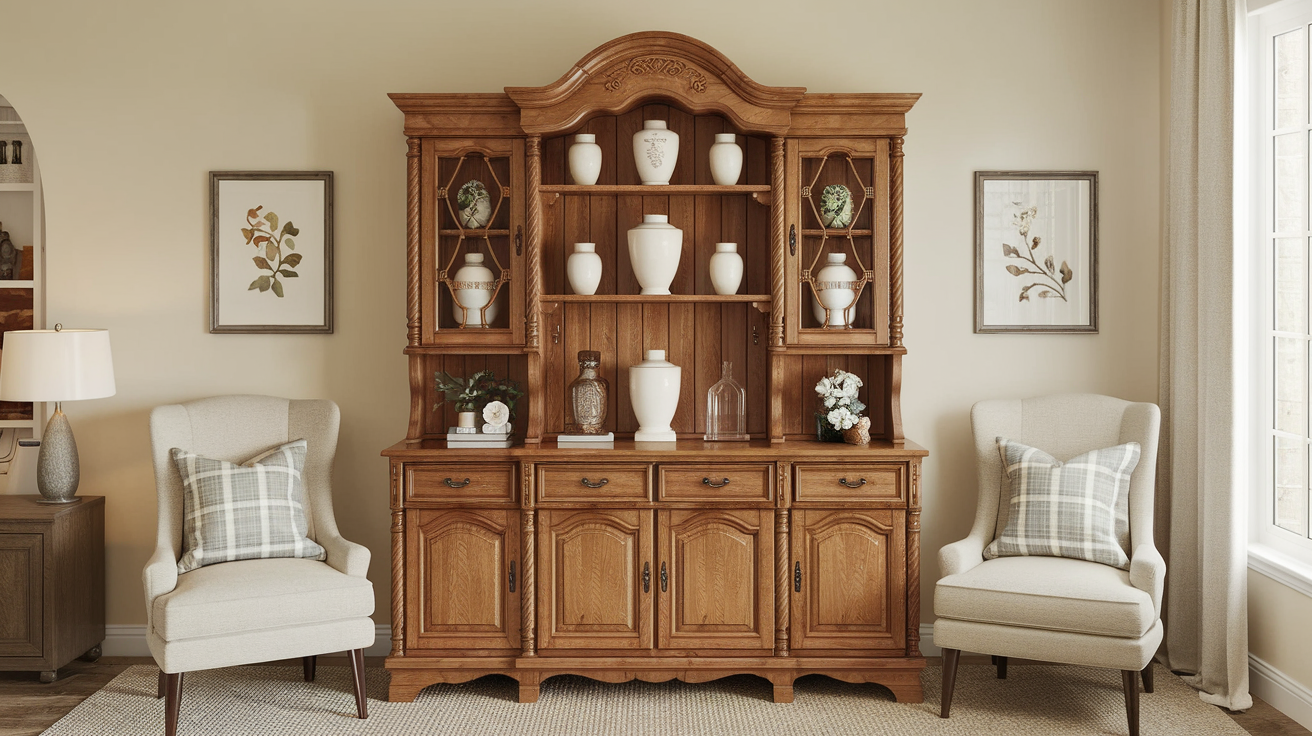Introduction to 121 Fiberglass Cloth Textron
Fiberglass has become an essential material in many industries, owing to its strength, versatility, and resistance to various environmental conditions. 121 fiberglass cloth Textron is a unique variant of fiberglass that brings superior properties to industries like aerospace, automotive, marine, and construction. It is a woven fabric of fine glass fibers that offer high tensile strength while being lightweight, corrosion-resistant, and thermally insulating. This combination makes 121 fiberglass cloth Textron indispensable for applications where durability, flexibility, and resistance to harsh conditions are critical. As industries continue to seek efficient and cost-effective materials, 121 fiberglass cloth Textron stands out as a top choice.
Composition and Structure of 121 Fiberglass Cloth Textron
The structure of 121 fiberglass cloth Textron is built upon glass fibers that are meticulously woven into a cloth-like fabric. These fibers are composed of fine strands of glass, offering excellent mechanical strength and durability. The woven nature of the fabric allows it to be flexible and moldable, making it ideal for complex shapes and designs. These fiberglass fabrics are often coated with epoxy or polyester resins, which hardens the cloth into a rigid composite. This final product maintains the lightweight nature of the glass fibers and gains strength and durability from the resin. This specific combination of materials in 121 fiberglass cloth Textron ensures that it performs well in various demanding environments, from the salty waters ocean’s salty water temperatures encountered in aerospace applications.
Unique Properties of 121 Fiberglass Cloth Textron
121 fiberglass cloth Textron is recognized for its distinctive properties, making it a sought-after material in high-performance sectors. The most notable feature of this material is its high strength-to-weight ratio, which provides robust structural support while maintaining a relatively low weight. This makes it ideal for use in aerospace industries, where weight reductionhout compromising strength is essential. Additionally, 121 fiberglass cloth Textron offers significant corrosion resistance, making it ideal for environments with moisture, chemicals, or extreme weather conditions. In marine applications, for instance, this material prevents deterioration due to water exposure, significantly increasing the lifespan of boats and other watercraft.
Moreover, 121 fiberglass cloth Textron excels in thermal insulation, helping to maintain temperature stability in high-heat environments. The material’s ability to resist thermal degradation is why it’s often used in industries where components are exposed to extreme temperatures, such as automotive engines or aircraft fuselages. This flexibility, strength, and insulation combination has made 121 fibreglass cloth Textron a highly valued material in modern engineering and manufacturing.
Applications in the Aerospace Industry
In the aerospace sector, weight is a critical factor in determining the performance and efficiency of aircraft. The lightweight nature of 121 fiberglass cloth Textron makes it a perfect candidate for use in aircraft components, particularly in constructing wings and fuselage sections. Aircraft components made with this material can reduce the plane’s overall weight, thereby enhancing fuel efficiency and performance. Furthermore, this fibreglass cloth’s high strength and durability ensure that these aircraft parts can withstand the stresses and pressures encountered during flight, including high-altitude environmental conditions and temperature fluctuations.
Additionally, 121 fiberglass cloth Textron can be easily moulded into the complex shapes needed for modern aircraft designs. This flexibility to maintain structural integrity under high-stress conditions makes it a makele material for the aerospace industry. As a result, its use in manufacturing lightweight, durable aircraft components continues to grow, further cementing its role in the future of aviation technology.
Role of 121 Fiberglass Cloth Textron in the Automotive Industry
The automotive industry also benefits significantly from the unique properties of 121 fiberglass cloth Textron. In vehicles, reducing weight is critical to improving fuel efficiency and performance. This fiberglass cloth is often used to construct body panels, bumpers, and structural reinforcements, providing strength without adding excess weight to the vehicle. The material’s corrosion resistance makes it especially valuable in regions where vehicles are exposed to harsh weather conditions, salt on roads, or chemical exposure. Additionally, its thermal insulation properties help in applications like engine components, where it helps manage heat generated by the engine, contributing to the vehicle’s overall longevity.
Moreover, using 121 fiberglass cloth Textron in car manufacturing aligns with the industry’s shift towards sustainability. As automakers look to produce more energy-efficient vehicles, lightweight materials like fiberglass are becoming increasingly popular. This improves vehicle performance and helps manufacturers meet regulatory standards for emissions and fuel consumption, making it a key player in the future of automotive design.
Marine Applications of 121 Fiberglass Cloth Textron
In marine environments, materials are constantly exposed to corrosive elements like salt water, humidity, and sunlight. 121 fiberglass cloth Textron is ideally suited to these conditions, as it is inherently corrosion–resistant corrosion-resistant and moisture-resistant. Boats, yachts, and other watercraft benefit from this material’s durability, as it significantly reduces the wear and tear rate due to prolonged water exposure extends the vessels’ lifespan and lowers maintenance costs, making 121 fiberglass cloth Textron an economical choice for shipbuilders and boat owners.
Additionally, 121 fiberglass cloth Textron provides the flexibility to mold into the complex shapes required for boat hulls and other marine components. This ensures that it can be used for structural integrity and aesthetic purposes, giving vessels a sleek, modern appearance without sacrificing durability. Its widespread use in the marine industry is a testament to its ability to handle the toughest environmental conditions while maintaining performance and longevity.
Use in Construction and Industrial Applications
In the construction industry, 121 fiberglass cloth Textron is used to reinforce structures such as beams, columns, and panels, especially in environments where durability and resistance to environmental factors are paramount. Its high tensile strength and resistance to moisture and chemicals make it ideal for reinforcing concrete in buildings, bridges, and other infrastructure. The material also performs well in insulating buildings, helping to maintain temperature stability, reduce energy consumption, and improve the overall energy efficiency of structures.
Beyond construction, 121 fiberglass cloth Textron finds use in various industrial applications. For instance, it is often employed in manufacturing tanks, pipes, and equipment used in industries that handle corrosive chemicals or require high-temperature operation. This material’s resistance to chemicals ensures that it can withstand exposure to hazardous substances without degrading, making it an essential component in industrial settings.
Conclusion
As industries evolve, materials that combine strength, flexibility, and durability will become even more critical. 121 fiberglass cloth Textron stands out as a material that meets these demands across various industries, from aerospace and automotive to marine and construction. Its unique properties, such as its lightweight nature, high tensile strength, corrosion resistance, and thermal insulation, make it a versatile material that can perform well in some of the most challenging environments. Whether it’s contributing to the fuel efficiency of aircraft, the longevity of marine vessels, or the structural integrity of buildings, 121 fiberglass cloth Textron has proven to be a material of the future.
